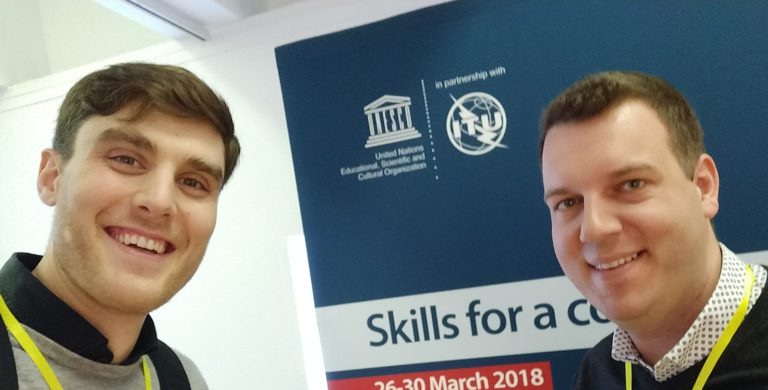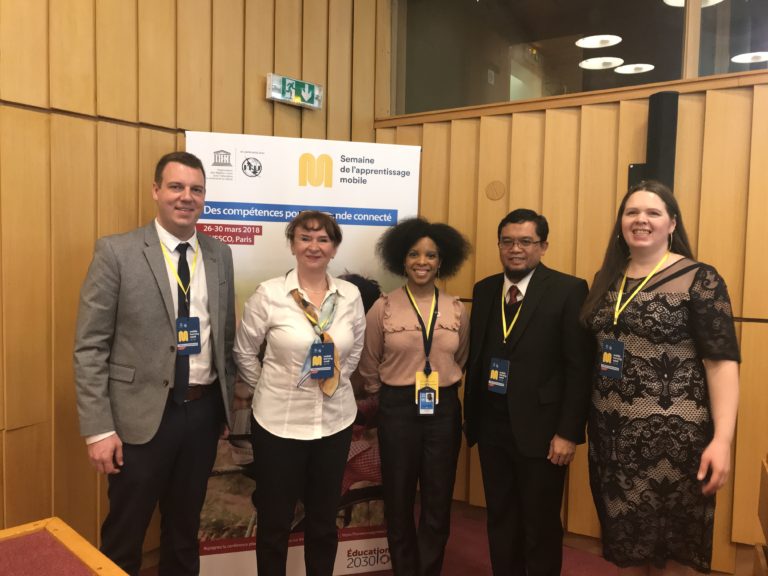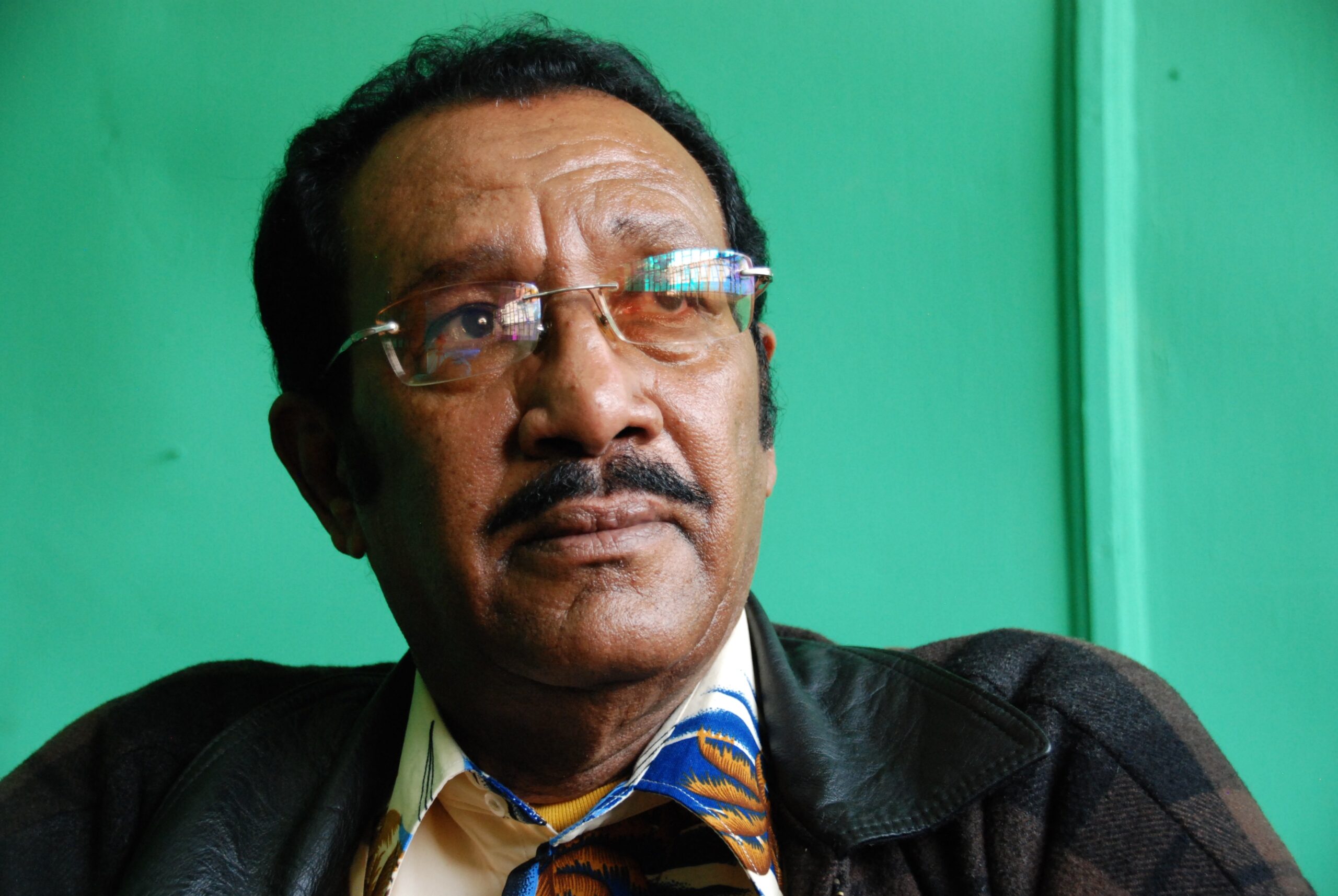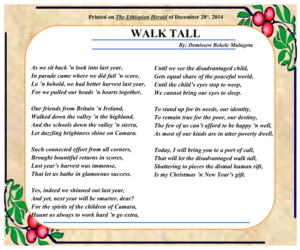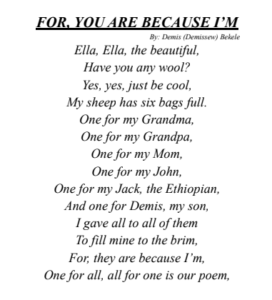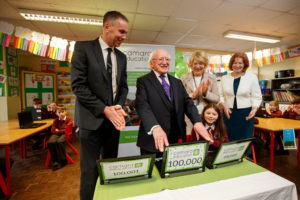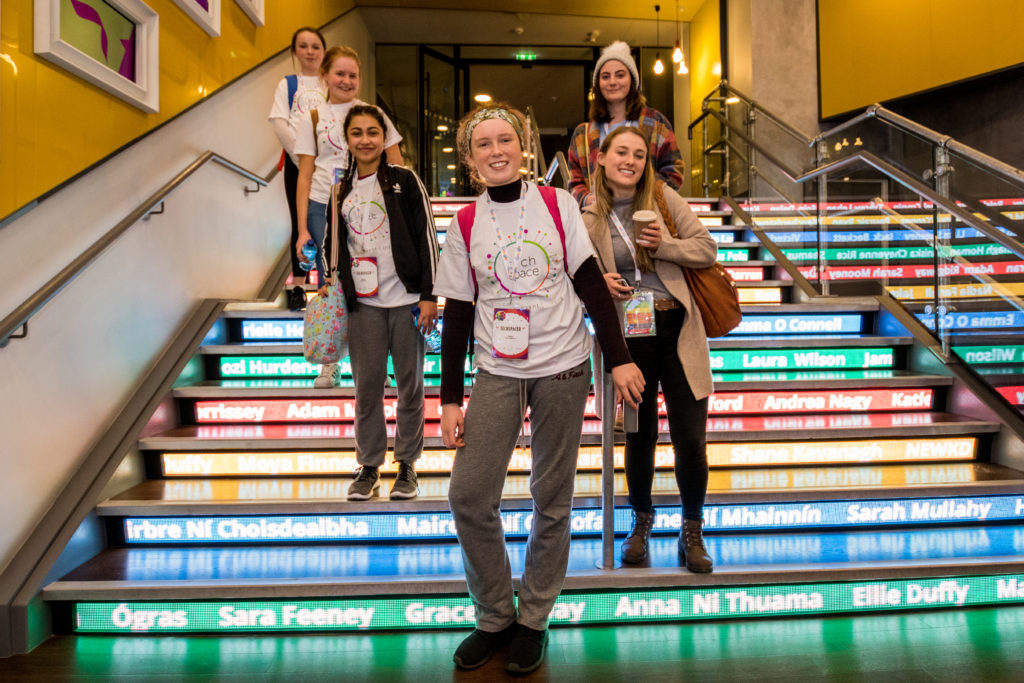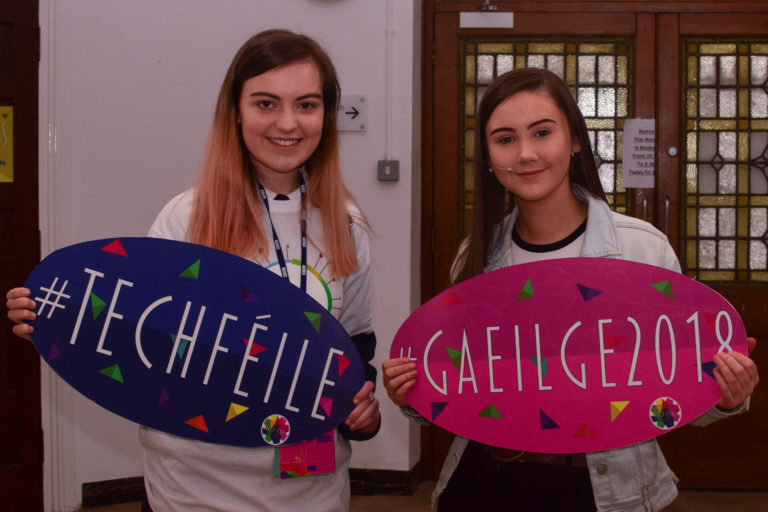
Inspirational and celebratory day for the young people and educators who participate in the TechSpace Programme
The first TechFéile event, took place at Limerick School of Art & Design on Friday 27 April 2018. The event centres around the Camara Education Ireland TechSpace Programme, which is aimed at encouraging creativity and technology among young Gaeltacht and Gaelscoileanna students. It was organised in association with the Department of Culture, Heritage and the Gaeltacht and TG4, as a celebration of Bliain na Gaeilge.
Over 200 students, from Gaeltacht Schools and Gaelscoileanna around Ireland took part in the event, to celebrate creativity through technology.
Workshops took place on a variety of topics across media and technology. Media workshops included Weather Workshops with TG4, Sports Commentary with Nemeton, Acting with Fíbín; Re-voicing Animation with Telegael, and Mojo with Nuacht TG4. STEM Workshops on the day included, Circuit building with Moonfish, Programming with GráTek and how to create a Hologram. Students attending also had an opportunity to try VR and Oculus Rift as well as 3D printing. Entertainment on the day was provided by the bands KILA and TOGRA.
The TechSpace programme has been running for 3 years under the auspices of the Department of Culture, Heritage and the Gaeltacht. https://www.techspace.ie/clartechspace
Alan Esslemont, Director General of TG4 says that supporting the development of new talent and stimulating creativity in youth is an integral part of the TG4 strategy. TechSpace is a fantastic project that supports creativity and communication skills with the young people taking part. Who knows maybe some of those who are taking part today will develop future proposals for TG4.
Minister of State for the Irish Language, the Gaeltacht and the Islands, Joe McHugh, T.D. stated: ‘I am very proud of this event, TechFéile 2018, which is being funded by my Department for the first time this year. TechFéile 2018 has a great deal of importance and is a great opportunity in the way that the proposal allows young people to develop their imagination and creativity and to put the Irish language on display. Technology has a great deal of power in our everyday lives and this demonstrates the interest of teenagers in technology and they are very comfortable in the digital era in which we live today. So I am delighted that this proposal is having a huge impact on young people and putting the Irish language on an equal footing with English.
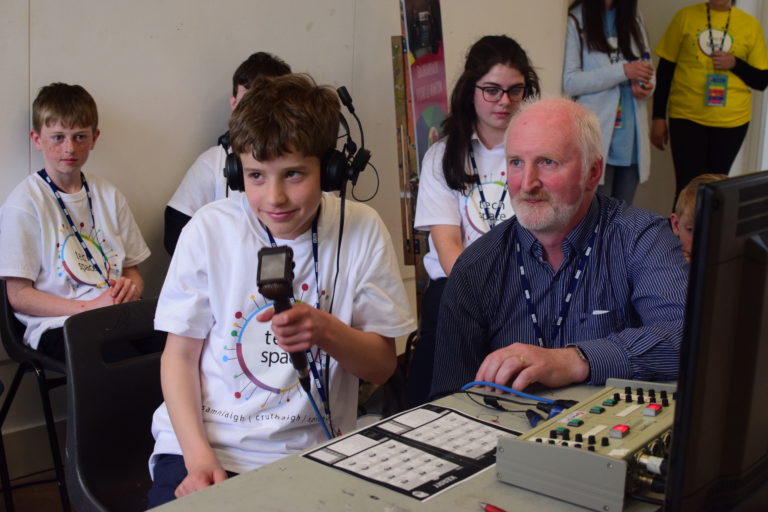
Photo credits Mauricio Figueroa
TECHFÉILE 2018
Lá inspioráide agus ceiliúrtha do na daoine óga agus oideachasóirí a ghlacann páirt i gClár TechSpace
Ghlac ós cionn 200 dalta Gaelscoileanna agus Scoileanna Gaeltachta páirt sa gcéad TechFéile a bhí ar siúl sa Limerick School of Art & Design ar an Aoine 27 Aibreán.
Is ócáid í Techféile a d’eascair ón chlár TechSpace, atá á rith ag Camara Education Ireland i gcomhar leis an Roinn Cultúir, Oidhreachta agus Gaeltachta agus é mar aidhm leis an chruthaíocht agus an teicneolaíocht a spreagadh i measc scoláirí óga Gaeltachta agus Gaelscoile. Eagraíodh TechFéile i gcomhar le Roinn Cultúir, Oidhreachta agus Gaeltachta agus TG4 mar chuid d’imeachtaí Bhliain na Gaeilge.
Ar an lá, cuireadh béim ar sárobair na ndaoine óga atá ag glacadh páirt i gClár TechSpace. Ag eirí as an mana, Samhlaigh – Cruthaigh – Spreag, bhí béim ins na ceardlann ar réimsí na meán chumarsáide agus na teicneolaíochta. I measc na gceardlanna Meáin, bhí Ceardlanna Aimsire le TG4, Tráchtaireacht Spóirt le Nemeton, Aisteoireacht le Fíbín, Athghuthú Cartúin le Telegael agus Iriseoireacht Físe le Nuacht TG4. Cuireadh béim freisin cheardlanna Teicneolaíochta, ina measc Cruthú Ciorcaid le Moonfish, Códú ar iPad le Grátek, cruthú Holograms agus dúshlán innealtóireachta le Lego Camps. Tugadh taispeántais ar an lá freisin do na daoine óga ar ghnéithe mar VR agus Oculus Rift a thriail chomh maith le priontáil 3D. Bhí ceol bhreá ag an ócáid freisin ón mbanna ceoil KILA agus ó bhanna ceoil TOGRA ó Phobalscoil Chorca Dhuibhne.
Tá an clár TechSpace á rith le 3 bhliana faoi scáth na Roinne Cultúir, Oidhreachta agus Gaeltachta. https://www.techspace.ie/clartechspace
Deir Alan Esslemont, Ardstiúrthóir TG4, gurcuid lárnach de straitéis TG4 í tacú le talann nua a fhorbairt agus an chruthaíocht a spreagadh i measc an óige. Is togra iontach í TechSpace a thugann tacaíocht le scileanna sa gcruthaíocht, agus sa chumarsáid a fhorbairt leis an aos óg. Cá bhfios ná go mbeidh cuid acu seo atá ag glacadh páirte inniu ag forbairt tograí do TG4 amach anseo.
Dúirt an tAire Stáit don Ghaeilge, don Ghaeltacht agus do na hOileáin, Joe McHugh, T.D.,‘Tá an-luacháir orm go bhfuil an ócáid seo, ócáid TechFéile 2018, de chuid Clár TechSpace atá á mhaoiniú ag mo Roinn á rith don chéad uair i mbliana. Is iontach an tábhacht agus an deis atá ag baint le TechFéile 2018 sa bhealach go dtugann an togra deis don aos óg a gcuid samhlaíochta agus cruthaitheachta a fhorbairt agus an Ghaeilge a chur ar thaispeántas. Tá an-chuid cumhacht ag an teicneolaíocht inár saol laethúil agus taispeánann sé seo an suim atá ag déagóirí i gcúrsaí teicneolaíochta agus iad go mór ina gcompord sa ré dhigiteach ina maireann muid inniu. Mar sin cuireann sé ríméad orm go bhfuil an togra seo ag dul i bhfeidhm go mór ar an aos óg agus an Ghaeilge á chur ar chomhchéim leis an mBéarla sa saol digiteach.’
